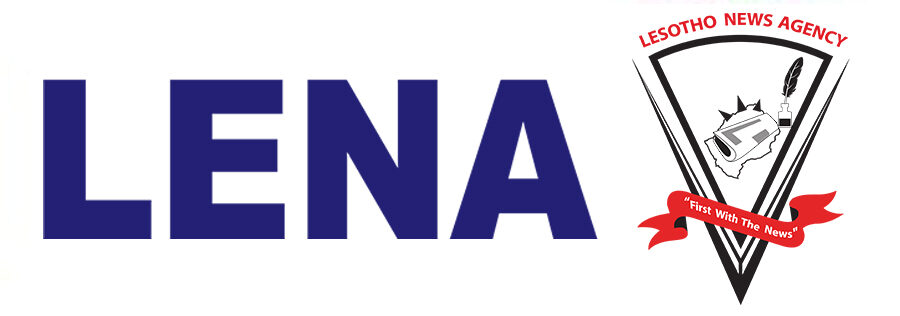Maseru, Mar. 10 — Phase II of the e-Government project will strengthen the digital infrastructure through the extension of broadband connectivity to the rural areas and provide the National Electronic Payment Switch and e-Government e-Payment gateway.
This was stated by the Department of Environment Acting Director, Ms. Qoqo Hoohlo when addressing participants at an inception workshop for capacity building of E-Waste management under the Lesotho e-Governance
Infrastructure Phase II Project.
She indicated that the project will strengthen digital payment ecosystem, which will include development and management of e-Payment agents, enhancement of the Electronic Payment Policy and capacity building in digital financial services.
She noted that the objective of the project is to drive digital finance and financial inclusion by improving access to reliable digital services, particularly among citizens living in rural and unserved areas.
She added that the aim is to provide access to a diverse range of financial products and services for individuals as well as small, medium and large businesses through the expansion of digital infrastructure and services, which will lead to job creation and contribute to Lesotho’s economic growth.
She highlighted that the project will increase data enabled coverage in rural and unserved areas, improve financial inclusion among unbanked citizens in Lesotho by developing digital payment infrastructure and strengthening the digital services ecosystem and improving government skills to oversee and implement ICT initiatives.
She further pointed out that e-waste is likely to result from increased usage of various Information and Technology equipment such as computers, laptops, networking devices, cables, power adapters, household appliances like televisions, telephones and mobile phones among others, due to improved connectivity and access.
Speaking at the same event, a Consultant, Dr. Taelo Letsela said e-waste is recognised globally as an emerging problem, adding that all electronic and electrical goods that have become obsolete form e-waste.
He noted that those products including computers, cell phones, television, printers and radio have shorter lifespan leading to waste, and therefore, leading to environmental contamination and health impacts.
He indicated that e-waste contains hazardous materials such as toxic metals, rare earth elements, and halogenated hydrocarbons as well as brominated flame retardants. He revealed that those compounds are highly toxic, persistent and some are endocrine-disrupting the bio-accumulate and have potential for long-range transport.
Dr. Letsela highlighted that there is a need for trained people to deal with e-waste, who among other will wear protective clothing to ensure their safety.
The second component of the project aims to provide the required support for the promotion of a digital economy in Lesotho. It will focus on building the required digital payments infrastructure, improving access to legislation process and enacted laws, and provide facilities to rural communities to access e-government and digital financial services.
The component will have three sub-components, establishment of common digital Centers at Lesotho Post Office locations spread out in the rural areas, strengthening of National Payment infrastructure and implementation of an e-Parliament System for the Lesotho Parliament.
